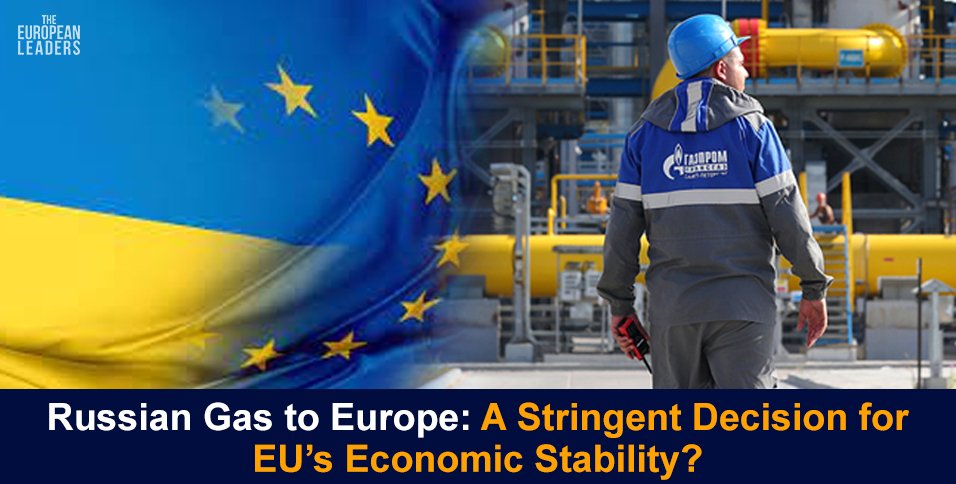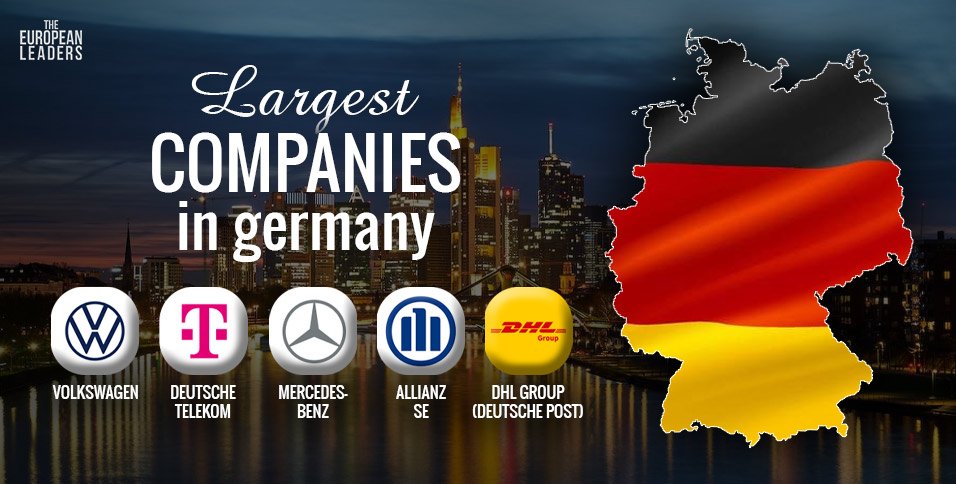The European Leaders
10 October 2024
Vienna – As Europe navigates the tumultuous waters of energy security amid the ongoing Russia-Ukraine war, the continent finds itself at a critical crossroads. The flow of Russian gas to Europe, which once accounted for 45% of its imports before the conflict, has been drastically challenged.
With Russia weaponizing its gas supplies, European nations are forced to reconsider their energy strategies, leading to both immediate economic repercussions and long-term implications for stability.
Europe’s Accelerated Shift Away from Russian Oil and Gas
Recent developments highlight Europe’s determined effort to reduce its dependence on Russian oil and gas. By late 2023, imports of Russian gas to Europe have been reduced by 90%, with bans on seaborne crude and refined petroleum products taking full effect.
Gas imports from Russia also saw a dramatic decline, falling from over 40% in 2021 to just 15% by 2024, as Europe diversified its energy sources, increasing imports from Norway and Algeria.
While most EU states have aligned with these efforts, countries like Hungary and Slovakia have faced challenges, with Hungary notably increasing its Russian crude imports by 56% since the invasion.
Despite these hurdles, the EU’s transition to renewables is accelerating, with half of its electricity generated from clean energy by mid-2024, a key milestone in its REPowerEU strategy to phase out Russian fossil fuels entirely.
Ukraine’s Gas Transit Decision: Ripple Effects Across Europe and Russia
If Ukraine terminates its agreement to transit Russian gas through its territory, several significant consequences would impact Europe and Russia. Here’s a condensed breakdown of the potential fallout:
For Ukraine:
- Economic Impact: Ukraine stands to lose up to $800 million in annual transit fees, further straining its economy already burdened by war and instability. Increased energy costs from alternative gas imports would also deepen economic challenges.
- Energy Security: Ukraine would become more dependent on gas imports from Europe, potentially facing supply vulnerabilities, especially if European demand spikes or logistical issues arise.
For Europe:
- Supply Disruptions: Countries like Slovakia and Hungary, still reliant on Russian gas, could face shortages, particularly during winter. The loss of a major transit route could lead to market volatility, driving up prices.
- Strategic Shift: The move would likely accelerate Europe’s diversification efforts, boosting investments in LNG and renewable energy to reduce dependence on Russian gas.
For Russia:
- Financial Losses: Russia’s Gazprom could face a $5.5 billion annual revenue loss, potentially hampering the economy and funding for military operations. Without access to the European market, Russia would struggle to compensate through alternatives like the Power of Siberia 2 pipeline to China.
- Legal Challenges: Gazprom may face legal disputes over non-delivery claims from European customers, complicating contractual obligations and possibly invoking force majeure clauses.
Europe’s Divided Stance on Russian Energy Imports
In response to Russia’s invasion of Ukraine, many European countries have sharply reduced their imports of Russian oil and gas to minimize political and security risks.
Countries like Poland, Finland, and the Netherlands have opposed paying for gas in rubles, aiming to cut their reliance on Russian energy and protect against geopolitical vulnerabilities. However, Central and Eastern European nations, including Hungary and Slovakia, continue to depend heavily on Russian energy due to historical ties and energy security concerns.
While the EU has made progress in decoupling from Russian fossil fuels, political compromises have allowed countries with strong dependencies to maintain imports, even indirectly via third-party countries like Austria and Turkey.
This divergence highlights the complex balancing act between national energy needs and the broader EU goal of reducing reliance on Russian energy.
Strategic Shifts in Energy Supply
In response to the crisis, the EU has embarked on a massive adaptation of its energy system. Countries are diversifying their energy sources by ramping up imports of liquefied natural gas (LNG) from the U.S. and Norway while investing in renewable energy infrastructure. The construction of new LNG terminals and interconnectors is underway to facilitate this transition.
The Role of Policy and Market Forces
The EU’s response to the energy crisis underscores the importance of cohesive policy-making. As a collective bloc, the EU has the potential to leverage its purchasing power to negotiate better long-term contracts with alternative suppliers. However, achieving this goal requires careful coordination among member states.
While some countries have made strides toward reducing their reliance on Russian gas to Europe, others have abandoned planned countermeasures.
For example, Greece has scrapped plans for several LNG terminals, leaving it vulnerable as Russian imports account for 60% of its gas consumption.
Future Outlook on Russian Gas to Europe
Looking ahead, the EU aims to phase out Russian fossil fuels entirely by 2027, but challenges remain. The International Energy Agency warns that Europe could face a gas shortfall of up to 57 billion cubic meters in 2023, necessitating a significant reduction in consumption.
To navigate these challenges successfully, European leaders must balance immediate energy needs with long-term sustainability goals. While investments in renewable energy are crucial for achieving climate targets, they must also ensure stable supply chains and infrastructure to avoid future vulnerabilities.








